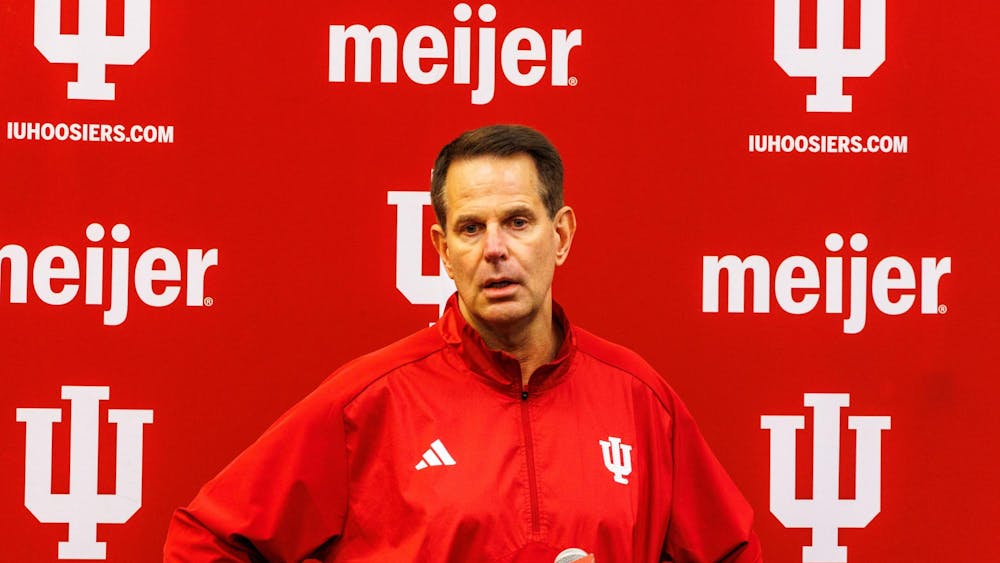Residential Programs and Services is trying to get involved in the community by providing locally grown foods and starting a new compost project on campus.
Apples from Laporte
Every RPS dining hall now serves apples grown in Indiana.
Garwood Orchards and Farm Market in LaPorte, Ind., is providing apples to RPS.
In response to the University’s sustainability efforts, RPS is reducing its carbon footprint by buying local apples, said Chris Frank, outreach and communication manager for dining services.
The national description of “local” is within the state or in a 400-mile radius, he said, but IU defines it as within Indiana or in a 150-mile radius. LaPorte is about 200 miles from Bloomington.
“I think it’s important to support your own industry,” said Brian Garwood, production manager and vice president of Garwood Orchards.
Garwood Orchards grows fruits and vegetables and distributes to IU through distributor Piazza Produce. For the last couple years, the state of Indiana has promoted homegrown foods, Garwood said.
As long as a local grower is available, Garwood said it also benefits buyers because the products will be fresher and cheaper.
Selling locally grown foods, such as a variety of apples, helps the state economy and draws attention to healthy food, Frank said.
Senior Ivonne Romo agreed.
“Sometimes we look at other snacks and they seem like they’re more convenient. But you can eat an apple on the go,” she said.
RPS has been providing local apples for several years now. Dining Services buys about 140,000 apples a year and 80 percent of them are locally grown.
The remaining 20 percent of apples are purchased when they aren’t in season in Indiana and RPS purchases them elsewhere, Frank said.
Local Composting
Union Street Market is the first stop in turning food waste into meals.
Talks about this new project began last spring. Composting started about one month ago with a system in the market’s kitchen, Associate Director of Environmental Operations Steve Akers said.
Food waste — all but meat and dairy items because of the way they decompose — is disposed of in buckets in the kitchen by employees and is transported three times a week to Hilltop Gardens in town.
Bloomington students, both high school and college, visit the gardens and help build trenches for the compost.
Eventually the soil becomes rich enough to garden with, Akers said.
“So far it’s working terrific,” he said.
Union Street Market has averaged about 45 gallons a week.
The system is only in the kitchen now because it takes instruction to open it up to the students, and they have complete control over what is put in the buckets, Akers said.
“Still, it accounts for quite a bit of waste,” he said.
To deposit waste at a landfill, it costs $41 a ton. Composting is free, he said.
Some food grown at Hilltop is given back to IU, including 30 pounds of free tomatoes that were recently donated to Wright Food Court and used in meals for almost a week.
Part of the University’s operational money goes toward waste removal, Akers said.
Composting will ultimately save students money.
There is potential for other locations on campus to collect waste, as well as other compost sites because Akers said RPS doesn’t want to overwhelm Hilltop.
In the end, composting is for the community’s good.
“Local sustainability, overall, is the best benefit,” Union Street Market General Manager Brad Hayden said.
RPS dining locations go green
Get stories like this in your inbox
Subscribe





